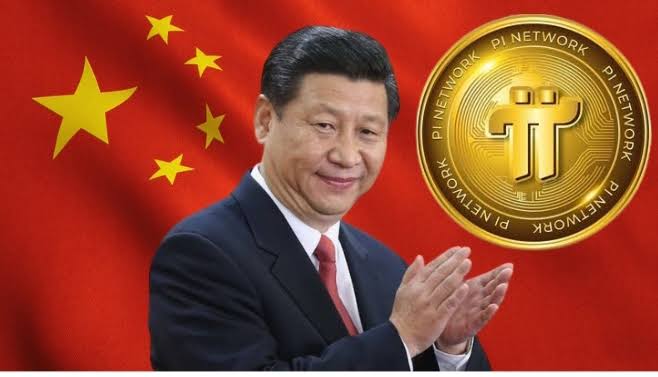In recent months, conversations have been rife about taking Russian President Vladimir Putin to the International Criminal Court (ICC) for war crimes committed in Ukraine. While this sounds like a good idea in theory, it’s a bit more complex than it seems.
US President Joe Biden suggested there might be “genocide” at play in Russia’s Ukraine conflict. But could that really be enough to bring Putin to trial? Would even the Western powers, which control the ICC, be brave enough to make such a move? These are just some of the questions we’ll be exploring today.
As you can see, both sides of this story are complex and varied. We’ll take an in-depth look at how we got here and what the landscape looks like today. You’ll gain insights into why Putin won’t stand trial for war crimes—and what it means for international relations going forward.
President Biden’s Accusations of Genocide in Ukraine
President Biden has been vocal about his belief that the fighting in Ukraine involved war crimes committed by Russian President Vladimir Putin, accusing him of committing genocide. His statements have raised the question: how can we hold Putin accountable and, if so, where does such a trial take place?
The International Criminal Court (ICC) is the only international body that has jurisdiction to prosecute individuals around the world for genocide, crimes against humanity, and war crimes. So the International Criminal Court was established in 1998 by an international agreement called the “Rome Statute”. And although the U.S. helped negotiate that accord, it ultimately did not formally join the ICC. However, since the United States is not a member of the ICC and Russia has not ratified its founding treaty, it will be difficult to put Putin on trial in the court. This means that he likely will not have to stand trial for his actions in Ukraine.
⚡️After Bucha massacre, Biden calls Putin 'war criminal' who needs to be put on trial.
Biden called for evidence to be gathered to put Russian dictator Vladimir Putin on trial for war crimes in Ukraine. What happened in Bucha is "outrageous, and everyone’s seen it,” he said.
— The Kyiv Independent (@KyivIndependent) April 4, 2022
This situation raises ethical questions regarding international organizations as Western leaders are able to use organizations like ICC when it serves their interests but reject them when they do not suit their needs. Until this inconsistency is addressed, it is highly unlikely that any trial will take place against Putin at an international level.
The International Criminal Court (ICC)
The International Criminal Court (ICC) is the only international tribunal that can prosecute individuals for genocide and other war crimes. This court has jurisdiction over 124 states, including Russia. Although it could theoretically put Putin on trial for his actions in Ukraine, the likelihood of that happening is extremely low. That’s because Russia is not a member of the court and because the ICC does not have enforcement powers to make sure its decisions are respected.
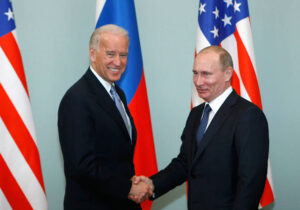
Furthermore, even if Western countries did push for an investigation, it’s likely to be unsuccessful given their current relationship with Russia. The United States and European nations have issued sanctions against Putin’s government and have accused the Kremlin of subterfuge and deception in Ukraine. There simply isn’t enough public support from world governments to make sure Putin stands trial in the ICC.
Putin and War Crimes: What the Evidence Shows
You may have heard of the evidence that has been collected against Putin showing war crimes in Ukraine, but what does the evidence really tell us?
International Reports
There have been numerous reports compiled by multiple international organizations regarding the incidents of war crimes and human rights violations in Ukraine. Reports from bodies such as Human Rights Watch and Amnesty International have detailed a wide range of accusations, including torture and unlawful detention.
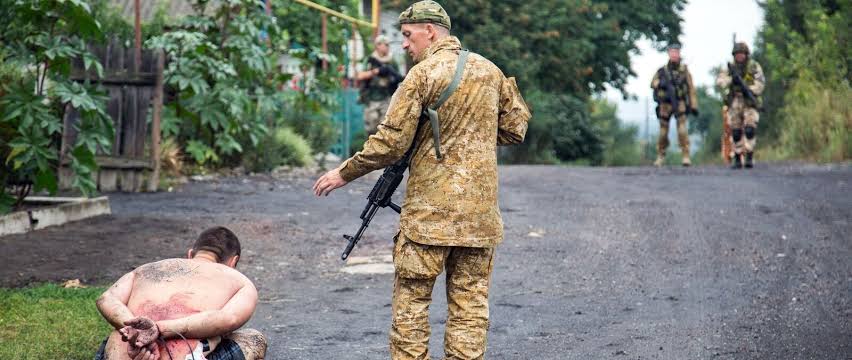
Documented Testimonies
Additionally, there are a number of documented testimonies from victims detailing the atrocities they experienced or witnessed while living in Ukraine. Testimonies include firsthand accounts of torture and abuse carried out against detainees, as well as allegations of forced labor, forced displacement and summary executions.
War Crimes Prosecutions
Russia has resisted attempts to launch war crimes prosecutions at The Hague, arguing that any accusations should be heard before its own courts. However, critics argue that Russia is not capable or willing to carry out fair trials on this matter. This resistance has resulted in many of these crimes going unpunished and unacknowledged.
The evidence clearly shows that numerous war crimes have been committed against civilians in Ukraine by forces under Putin’s command — yet there is still no real possibility for him to stand trial for them.
How and Where Will Putin’s Trial Take Place?
You may be wondering how and where exactly President Putin’s trial might take place, with President Biden calling him a war criminal and all. Well, the fact is that, despite there being a precedent for such action in international law, it is highly unlikely that Putin will go to trial for war crimes in the Ukraine.
The International Criminal Court
When it comes to trying war crimes, the International Criminal Court (ICC) would be the place to go. However, while Russia is actually a member of the ICC, unfortunately for those looking to bring charges against Putin, the court only has jurisdiction over crimes committed since July 2002 — and many of the Ukrainian offenses for which he has been accused predate this.
Western Leaders may be Controlling ICC
As much as we’d like to think it would be different this time around — after all Tony Blair and George Bush were not brought up on any international charges after invading Iraq in 2003 — it is widely accepted that western leaders are controlling the ICC. And so far they have chosen not to pursue charges against powerful white men involved in militaristic activities, time and time again.
Flexible EU/US Sanctions
Despite this lack of action from the ICC or from US/EU officials, however, a few flexible sanctions have been implemented against Russia due to its increased aggression towards Ukraine in recent years. And when it comes to dealing with war criminals such as Putin or other high-level politicians involved in these atrocities — sanctions may very well be our only hope.
The Role of the Western Leaders in International Law
As mentioned earlier, Western leaders are in control of the International Criminal Court. The United States and other countries set up the court after World War II to try those accused of war crimes and genocide.
However, this has not been successful in prosecuting Putin for his involvement in war crimes. The reason why is that the ICC was not intended to be used as a form of political retribution or retaliation against specific leaders. It was created to bring justice for victims and ensure global accountability for war criminals, regardless of who they are or where they come from.
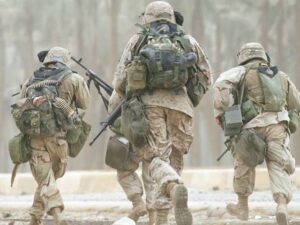
Image source: http://history.com
So, as long as Western leaders are in control of the ICC, there is no legal pathway for Putin to be tried for any war crimes he has committed in Ukraine—no matter how serious Biden’s accusations may be. This means that any trial against Putin would have to take place outside of the ICC.
Implications of Holding Putin Accountable
Political Considerations
Given the current political divisions between the west and Russia, the prospect of actually putting Putin on trial is highly unlikely. Russian president Vladimir Putin has spoken publicly about not recognizing the jurisdiction of The International Criminal Court (ICC) to investigate and prosecute any alleged war crimes in Ukraine. This means that any attempt to bring him to justice through that body would fail.
Potential Legal Challenges
Even if Putin were to be charged with war crimes in Russia, there could be numerous legal challenges. In particular, Russia may raise various legal objections such as a lack of jurisdiction over a non-state actor or that the court has no way of enforcing its judgment against a sitting head of state. This could make it difficult for western leaders and prosecutors to build an effective case against him at an international tribunal.
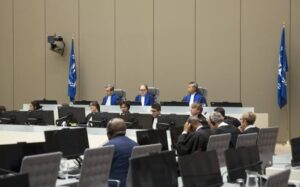
Given the various political and legal considerations, it is unlikely that Russian President Vladimir Putin will ever stand trial in an international court for alleged war crimes in Ukraine, despite President Biden’s desire for justice from those responsible.
Conclusion
By now, it should be clear that there is no realistic expectation of Putin ever being held to account for the war crimes he has committed in Ukraine. The ICC has been used to prosecute military and political leaders from Africa and the Middle East, but it has yet to be used against a powerful leader from a Western country. This lack of accountability stems from a broken international justice system that is too politicized to hold powerful leaders to account, even when they are responsible for some of the worst war crimes in recent history. It is also a testament to the power of the Russian state and its ability to immunize its leadership from international law and justice. It is up to the international community to hold Putin accountable for his actions and to ensure that such horrific war crimes never occur again.











